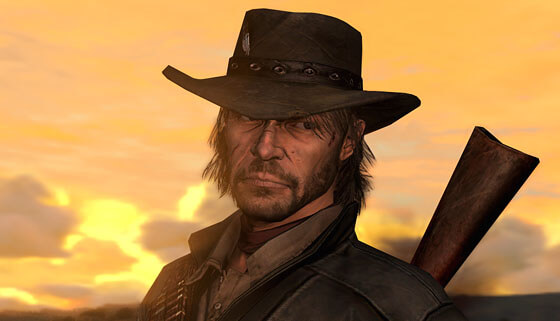One problem with stitching a linear narrative upon a non linear experience is that of contradiction. If I the player wish to progress in this non linear game then I must conform to the linearity imposed by the narrative. Another problem brought about by developers having to provide context for the players actions is that of the actions themselves. Think back to Tetris, a game unarguably entertaining, however a narrative simply could not be attached to the games underlying mechanics, to do so would be dumb.
Long renowned as the kings of the non linear experience, Rockstar (creators of the GTA franchise) have consistently struggled with some of the problems brought about by a Narrative. The experience must include the trite increase in difficulty, an established videogame trope, whilst also telling a balanced narrative. For those unaware of the narrative arc as proposed by Todorov, after the climax there must be a sense of equilibrium, a calm indicating that the problems and complications presented within the narrative have been defeated. Obviously this calm doesn't fit with the ramping difficulty previously mentioned.

One (of many) criticism levelled at Rockstar's latest entry into the Grand Theft Auto franchise (GTA IV) was that the protagonist's motives weren't fitting with the themes the game proposed and the ideologies of the character himself. The main protagonist Niko would claim to search for a better life, promoting peace over violence during the games early hours whilst happily accepting tasks which required him to murder hundreds of people for the promise of money. This contradiction (a recurring theme it seems) alienated players from Niko's narrative struggle which undermined many of the things the game aimed to achieve.
So it was Rockstar San Diego's turn to try and repair some of the bad reputation Rockstar North garnered with GTA IV, and how ironic they would attempt to do so with Red Dead Redemption. One element immediately in RDR's favour was that the theme of redemption was ambiguous enough to allow Rockstar the freedom to create solid game mechanics without impeding on the story they are trying to tell.
Red Dead Redemption follows protagonist John Marston, a former gang member who has since started a new life with his wife and son. However, the government aren't keen on letting John forget his former life so easily, blackmailing him into hunting down his former gang members to make the wild west a safer place, under threat that if he declines they will murder his family. This narrative naturally allows for the protagonist to kill many people and accept instruction from others due to the lives of his loved ones hanging in the balance. And so RDR immediately does what GTA IV couldn't, creates a narrative that provides context for the players actions without it feeling forced or implausible.

The main body of the game isn't why i came away so impressed with RDR however. Yes there is the fact that you have to hunt down your former gang members to see your family again, which is entertaining, but what follows is why I believe RDR to be a masterpiece. I mentioned earlier that games do not run the full length of the narrative arc, finishing with the climax rather than the new equilibrium, well RDR changes this. Upon hunting down your former gang members you are reunited with your family and left alone to live out your life on a farm. The theme of redemption doesn't just translate to John's struggle to leave his past life, it also relates to John's struggle to be a good father and husband, and the games final act allows you to do just this. Forgetting the need to keep the difficulty at an all time high, the games final chapter for the most part relaxes the pace whilst challenging you to tender the farm, deliver corn, take your son hunting and herd cattle, all for the benefit of your family. I won't spoil the games final moments but I will say that this is one title which leaves the player feeling ultimately satisfied with the characters and narrative throughout the ENTIRE experience. Not a feat many have accomplished.
Whilst videogames and narrative don't exactly go hand in hand, Rockstar San Diego proved it's not impossible to place a satisfying narrative within a non linear experience. RDR presents a narrative that is both consistent with the game mechanics and one allowed to fully flower come the games final moments, leaving the player speechless once the credits role. Rockstar redeemed then.
No comments:
Post a Comment